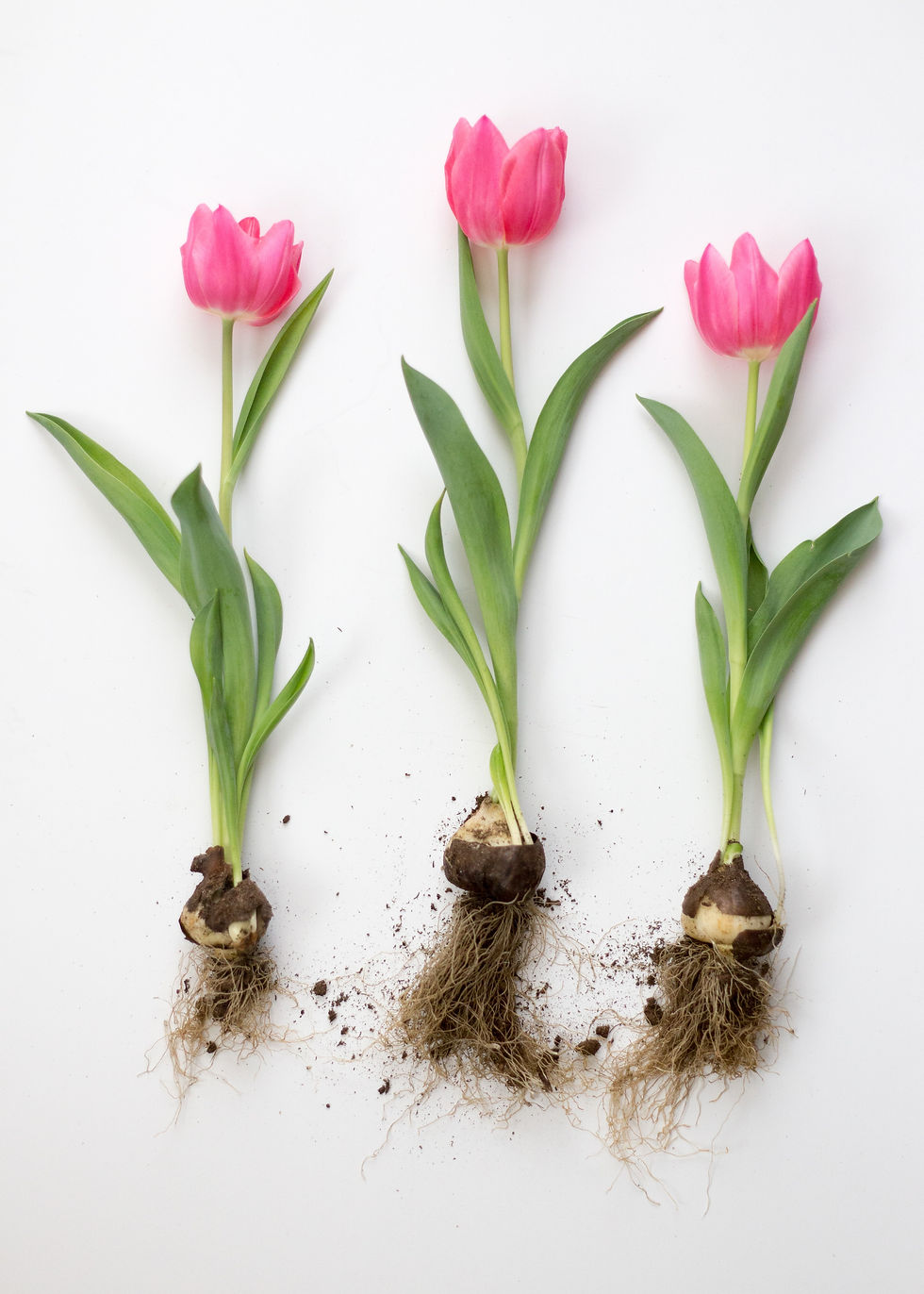Spring Flowers That Can Cause Harm to Your Pet
- Practice manager
- Sep 1, 2021
- 2 min read
It's that time of year when our gardens are starting to defrost from the winter chill and come alive with colour and fragrance! But, like the song goes from Poison's 1988 classic hit "Every rose has its thorn", we must be mindful that not all flowers are pet friendly. Below is a short list we have complied of some common plants that you will start to see sprouting up around you in the next few months, whether its in your own garden, on walks or in a bouquet, please exercise caution when they could come in contact with your pets.
Tulips
Found commonly in front yards, tulips are a large, brightly coloured flower that are a classic of spring. Keep an eye out when you are walking your pooch. Symptoms of tulip poisoning:
Drooling
Diarrhoea
Increased heart rate
Nausea
Vomiting
Increased respiratory rate
Difficulty breathing

Lilies
Lilies are extremely popular with florists, and often unknowingly gifted to households with pets. If purchasing a spring bouquet for a household with a pet, make sure to ask the florist not to include any in the bunch! The petals, leaf, stem, pollen and water the flowers sit in are all poisonous. Symptoms of Lily poisoning:
Lethargy
Vomiting
Diarrhoea
Seizures

Daffodils
A popular choice for public park flower beds, Daffodils are resilient flowers that radiate a magnificent golden yellow. Symptoms of Daffodil poisoning:
Drooling
Nausea
Increased heart rate
Abdominal pain
Abnormal breathing
Cardiac arrhythmias
Vomiting
Diarrhoea

Azalea
Azalea are an Australian classic and easy to spot on almost any suburban street. Symptoms of Azalea poisoning:
Vomiting
Diarrhoea
Hypersalivation
Weakness
Coma
Hypotension
Central nervous system (CNS) depression
Cardiovascular collapse

Hyacinths
Popular in arrangements for events, the grandeur of Hyacinths bring a sense of occasion - so keep an eye out for them in pet friendly pubs, birthday parties and spring weddings. Symptoms of Hyacinths poisoning:
Drooling
Nausea
Increased heart rate
Abdominal pain
Abnormal breathing
Cardiac arrhythmias
Vomiting
Diarrhoea

Summary:
The type of flower, amount consumed and species of pet, each carry differing prognosis so we recommend contacting us immediately if you know or suspect your pet has consumed any of the above. Bringing along a cutting of the plant is also helpful for identification purposes and of course, if this occurs out of hours please contact your nearest emergency veterinary hospital for advice.













Comments